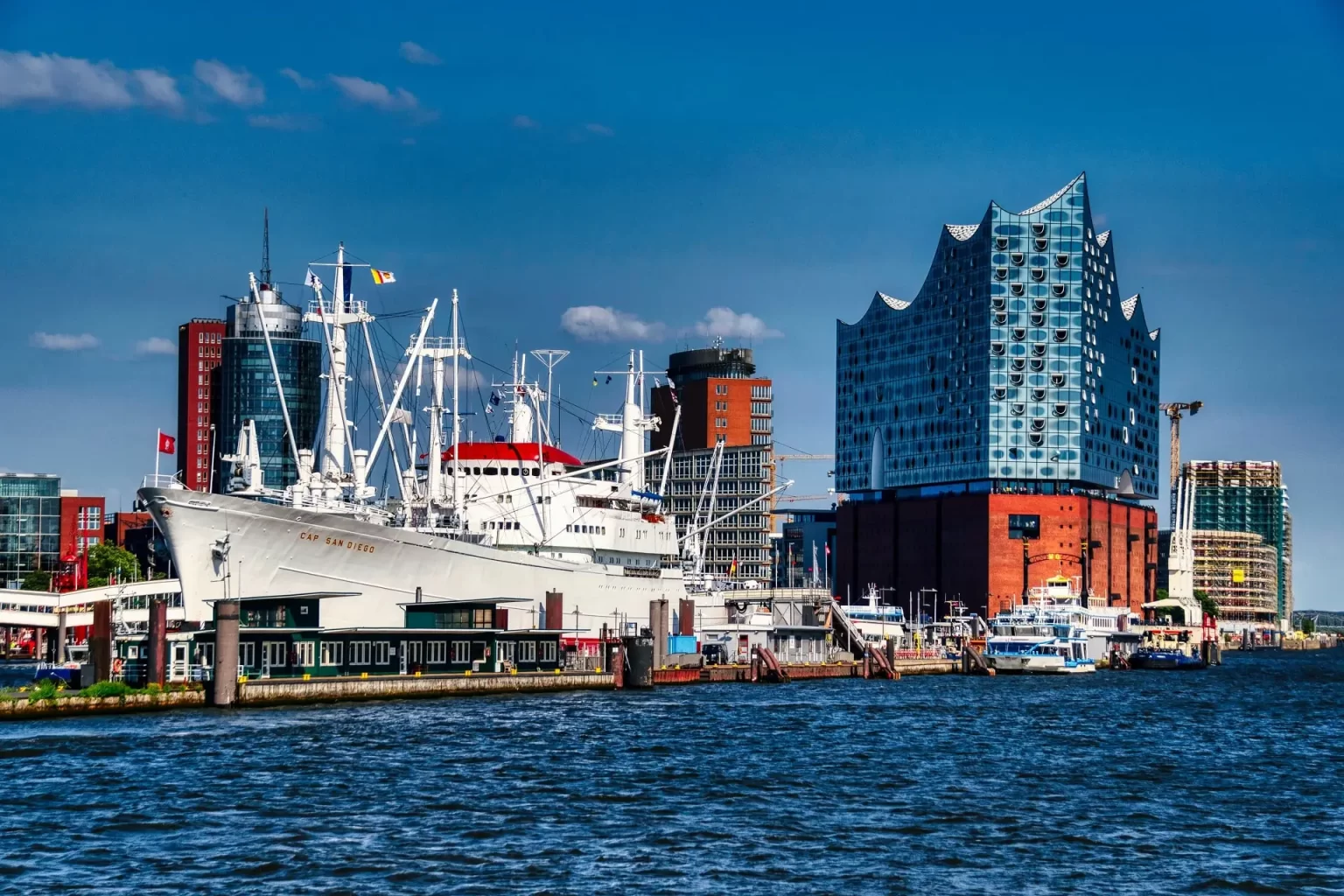8 largest technology hubs in the world. An innovative environment is an essential part of the evolution of any process: from educating a child to developing a new product.
1. Silicon Valley
It is impossible not to talk about one of the most important technological hubs on the planet. Silicon Valley is located in California and is home to some of the most well-known and present companies in global technology, which includes some very relevant names. Apple, Yahoo! and Google can be mentioned, but what really makes the region famous are the companies dedicated exclusively to hardware. In Silicon Valley, there are also Intel, AMD, and NVIDIA, three of the most powerful processor and card manufacturing companies in the world.
2. China
When we think about the importance of Asia in the world of technology, it is common to imagine China as one of the main electronics manufacturing sectors, but we forget that there is much more. In China, we find a large number of companies dedicated to the research and development of robots. The Chinese territory is still home to very important groups, such as ASUS, Acer, VIA (processor manufacturer), HTC, and Foxconn.
3. South Korea
South Korea is home to some of today’s top companies, including Samsung and LG. Cities like Seoul and New Songdo, from clothes, vehicles, or even house doors, are connected to the Internet. The country has the ambition to be a model of a digital lifestyle. Some futuristic examples are waste recycling bins that take advantage of radio frequency identification technology to assign points every time someone deposits a bottle in them. Or cell phones that store clinical history and can be used to present medical prescriptions.
4. Japan
The country is home to many of the most relevant companies of recent times. Sony, Nikon, Toshiba, and Panasonic are references for their segments. In addition, important automobile industries have Japanese origins, such as Honda, Toyota, and Mitsubishi. Japanese culture believes in the power of work as a generator of quality of life and development for the country. Therefore, there is a lot of government incentive in the area of education and technological innovation. In this way, Japan consolidated its industry and became a major exporter of electronic products, automobiles, and machines, in addition to having several research centers with a main focus on robotics, mechanics, and microelectronics.
5. Taiwan
Taiwan played an important role in the information and internet technologies that shaped communications and fueled the third industrial revolution, and still mainly manufactures low-value-added products. However, now that the fourth industrial revolution is underway, Taiwan must recover by restructuring its industries. The island has an excellent base in traditional manufacturing, machine manufacturing, and information and communication technology. The government spares no effort to leverage this transformation, with million-dollar budgets for mobile broadband services, e-commerce, smart applications, test beds, collaboration industries between universities, digital talent, and regulatory adjustments.
6. Tel Aviv
Tel Aviv has become one of the world’s largest centers for the concentration of startups and there are those who say that, because of the region’s potential, it can be considered Silicon Valley in the Middle East. Challenged by the dryness of the soil and recurring military conflicts, the Israelis sought to invest in technological capital as a way of developing the country. With the country’s high investment in research and development, Tel Aviv attracted large companies such as Intel, Google, General Electric, and Cisco, which set up research centers in the city. Today, it is the second country with the most startups listed on the NASDAQ (American Stock Exchange), behind only the USA. The prominent areas of investment are Internet, software, communication, healthcare, and semiconductors
7. India
Bangalore, is the third largest city in India. Has a literacy rate higher than the national average and is home to large industries in the country. Startups in the software sector, which began in the 1980s, gave new life to the local economy. Which is now known as the Indian “Silicon Valley”. Considered one of the 10 most entrepreneurial cities in the world. Bangalore also bets on synergy between public and private institutions and universities, In order to foster research centers and ensure growth in specialized labor and successful businesses.
8. Singapore
One of the biggest expansion hubs in Asia. Singapore overcame its lack of space and natural resources by investing in training to become an export platform. Although still dependent on imports of food and raw materials, it is an important exporter of electronic equipment. The importance of technology is evident throughout its territory, fully covered by free Wi-Fi. Several North American companies are betting on the potential for software development in Singapore. And the proof of this is in the offices and investments of Microsoft, IBM, HP, and several others.




